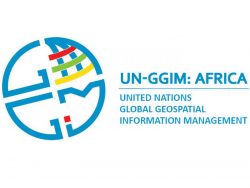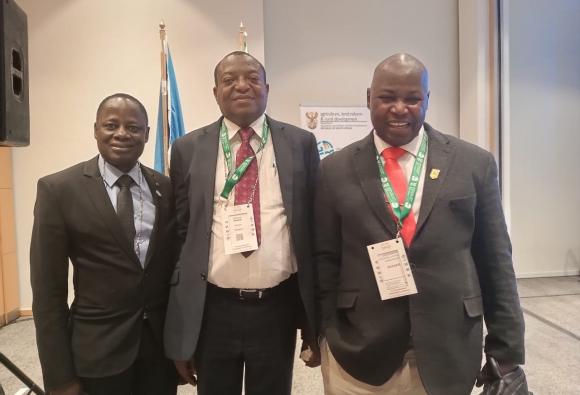I. Background
1. The Regional Committee of United Nations Global Geospatial Information Management for Africa has been created to coordinate African geospatial development and to contribute to the larger global effort. The Regional Committee has made substantive progress in terms of gaining momentum and assuring the global community that Africa is serious about contributing. In order to pursue strong advocacy action towards policymakers in Africa, and strengthen the effort to turn geospatial information into a real sustainable development enabler, the Executive Board is organizing the ninth meeting of the Regional Committee as a back-to-back event with the 31st International Cartographic Conference (ICC 2023), from 14th to 18th August 2023 in Cape Town (South Africa).
II. Objectives
2. The main aim of the meeting is to review progress achieved on the recommendations and actions of previous meetings of the Regional Committee. The meeting will again offer the opportunity to share knowledge and best practices in the development of geospatial information in Africa; raise awareness of the benefits to be derived through the utilization of geospatial information for sustainable development; and look at policies, measures and steps that African countries could take to ensure successful implementation of the United Nations Initiative on Global Geospatial Information Management in the region.
III. Issues to be addressed
3. The issues to be examined at the meeting will include but are not limited to:
(a) Activities relating to geospatial information undertaken by the Economic Commission for Africa (ECA), Member States and the working groups;
(b) Issues relating to geoinformation policy at the national and regional levels (e.g. geospatial strategies for modernising national mapping agencies) requiring a decision, resolution or recommendation by member States, ECA and partners, or other stakeholders;
(c) Technical issues flagged by member States or stakeholders, or tabled by the secretariat of the Regional Committee (i.e. ECA);
(d) New trends and developments in the field of geospatial information (e.g. ethical use of spatial data, hyperlocal data, geography and statistics);
(e) A special topic such as the geospatial financial appropriation framework.


